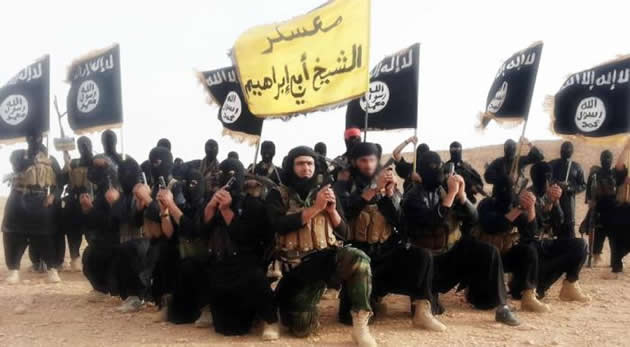Abducted Lagos girls rescued

Lagos – Three secondary school students who were kidnapped from their school in Nigeria’s biggest city, Lagos, have been found, police yesterday. “From midnight to the early hours today [Sunday] we were able to rescue them,” Lagos State police spokeswoman Dolapo Badmus said. The three girls were seized from a dormitory last Monday at the Babington Macaulay Junior Seminary School in the eastern suburb of Ikorodu.
The abduction sparked a massive search for the teenagers and prompted the state government to tighten security at schools across the megacity, which is home to some 20 million people.
No further details were immediately available and police have previously refused to comment on local media reports of demands for a 200-million-naira (about $1 million) ransom. Abductions from schools are rare in Lagos, although kidnapping for ransom by armed criminals is common in southern states
Meanwhile, Nigeria’s military has closed one of Africa’s biggest cattle markets, charging sales of stolen animals is helping finance Boko Haram’s Islamic insurgency, according to angry residents who say thousands of people have lost jobs, beef is no longer available and animals are dying in a sealed abattoir.
The three-week-old closure of the market in Maiduguri, the main city in northeast Nigeria, is piling on tensions and economic strain in a city overrun by war refugees, and is increasing animosity toward the military, according to people interviewed by the AP.
About 20,000 cattle and goats locked into the main abattoir are dying from lack of water and food, according to Abubakar Abba of the Livestock Traders’ Union. The closure is affecting markets as far away as Lagos, the commercial capital more than 1,500km southwest of Maiduguri, where cattle prices are rising daily, said Umar Adamu, chairperson of the United Butchers’ Association.
Maiduguri’s was the last major cattle market operating in the region, where the insurgency has closed at least eight others, said Musa Abdullah of the Cattle Traders’ Union. Traders came from southern Nigeria as well as West and Central African nations.
“This clampdown has affected thousands of truck drivers, loaders, butchers, even water sellers … the consequences will be devastating,” Abdullah warned, saying his organisation has 12,000 members and the butchers’ more than 200,000.
A senior military officer said butchers and traders were involved in “shady deals” with Boko Haram. He spoke on condition of anonymity because he is not authorised to speak to reporters.
Resident Abubakar Maina, who has not eaten meat for days, said the military should target suspects, not punish everybody.
Beef is a major source of protein in Nigeria. In Maiduguri, those who can afford it are buying fresh and frozen fish at inflated prices.
Nigerian President Muhammadu Buhari’s election campaign rode on pledges to root out corruption and quash the armed group Boko Haram. Yet, Boko Haram remains active in many areas of Nigeria, seemingly able to strike at will.
And many questions are being asked about whether Buhari’s anti-corruption drive is yielding results and if newer forms of corruption are emerging with a freeze on the naira. – AFP










Comments